Four years ago Don Lemon, the host of CNN Tonight, came out as one of the few openly gay black men in broadcasting. Two years later, Robin Roberts, an anchor for ABC's Good Morning America, wrote a post on her website thanking her "longtime girlfriend" for sticking by her as she endured cancer and a bone marrow transplant. Lemon and Roberts became two of the few out 21st-century black LGBT journalists to ever gain face time on television or a byline in print.
But where were the rest of of the black LGBT journalists, especially those of us who came of age at the end of the last century at the height of the AIDS epidemic?
Turns out we were always there working behind the scenes, trying not to be the story while reporting the story.
Older black gay broadcasters like myself who grew up and worked in the Deep South faced a different kind of struggle. The lack of acceptance among some Southern black people of faith rivals that of many of the bishops in the Roman Catholic Church.
When I was a young kid growing up in Birmingham, Ala., during the height of the civil rights movement in the 1960s and early '70s, I'd run home from school, wolf down a sandwich and a glass of chocolate milk, do my homework, then go outside to play with the kids on my block. But regardless of how much fun I was having, I always made sure I was back home sitting in front of the TV at 5:30 to watch Walter Cronkite anchor The CBS Evening News. He was my hero, and I wanted to grow up to become the first black man to do exactly what he was doing.
As I entered high school, a guy by the name of Max Robinson was beating me to the punch. In 1978, Robinson was hired to co-anchor ABC's World News Tonight. A decade later, his career came to an abrupt halt when he was diagnosed with HIV, and he died of complications from AIDS that same year.
To my knowledge, Robinson and I represent a small group of black male journalists who publicly announced that we were infected with HIV. In fact, we may be in a league of our own because of the stigmas attached.
While Robinson's HIV diagnosis ended his life, early detection and new advances in HIV treatment gave me a second chance to pursue my childhood dream. But like Robinson, who was unfairly disparaged by some as an alcoholic perfectionist even while being lauded as a civil rights activist, I encountered a multitude of adversities during my rise up the ladder of success.
When I was 4 years old, I survived a deadly house fire. I watched my 2-year-old cousin perish in the flames. Between kindergarten and second grade, I was repeatedly sexually abused by my stepfather and forced to watch my mother being beaten by the same man.
I'd grow up to eventually endure a series of abusive relationships and receive an HIV diagnosis in 1991. At 30, I found myself taking care of my ailing mother. I loved her dearly, but the concerns over her health as well as my own left me in a deep depression. To cope, I turned to crack cocaine, spawning a deep addiction I secretly hoped would kill me.
I found my redemption through study, work, and the faith in God that has always nursed me, even as a child.
I stayed in the Southern communities within which I was reared and studied radio and television journalism, and soon, at the age of 40, I graduated from Jefferson State Community College in Birmingham.
Then I became a senior news reporter, producer, and anchor for Mississippi Public Broadcasting, a statewide affiliate of National Public Radio.
"Lawayne, people really need to know your story," said my college adviser, Janice Ralya, urging me to enter an essay contest and peel back the layers of my life so the public knows what it is really like to work through struggle. I entered the contest. The essay received overwhelming support on social media.
"How does a troubled black gay youth from the Deep South grow up to become one of the most respected news journalists in the country," I asked in my essay, and I spoke openly about my history of childhood sexual abuse, my crack cocaine addiction, and my HIV diagnosis.
But then, during my college graduation ceremony, one of the presenters read my essay aloud. It was my first time hearing my most private words read aloud to an audience. Anxiety kicked in. I was truly going public and there was no turning back. However, my dread quickly dissipated when I was called to the stage and the audience rose to its feet with thunderous applause.
"Thank you for giving our family hope," one person told me after the ceremony. "Thank you for telling my son's story," someone else told me. And another person thanked me for telling her daughter's story, and still another thanked me for telling his friend's story. Then it hit me: In my essay I revealed struggles shared by so many in the black community, struggles with loss, abuse, addiction, and illness that transcend race, gender and sexuality.
That's how my memoir, Peeling Back the Layers, began.
I was deeply grateful and moved when my work for MPB earned me more than a dozen Associated Press Broadcasters Awards as well as the Edward R. Murrow Award for Journalistic Excellence, and I was shocked when the accolades didn't stop there.
In 2014 the Alabama Community College System named me as one of its most outstanding alumni in the institution's 50-year history and created a $5,000 scholarship in my name that is bestowed on a deserving Alabama high school senior.
In the Deep South, it is a sign of incredible progress for such an honor to be named after an out gay HIV-positive black man.
Through the grace of God and enormous perseverance, I have lived to witness acceptance, hope, and love from my own black community.
Childrey currently works as a national voice-over artist, an HIV/AIDS activist, and a motivational speaker. Give Peeling Back the Layers: A Story of Trauma, Grace and Triumph as a gift for the holidays and learn more about Childrey online.
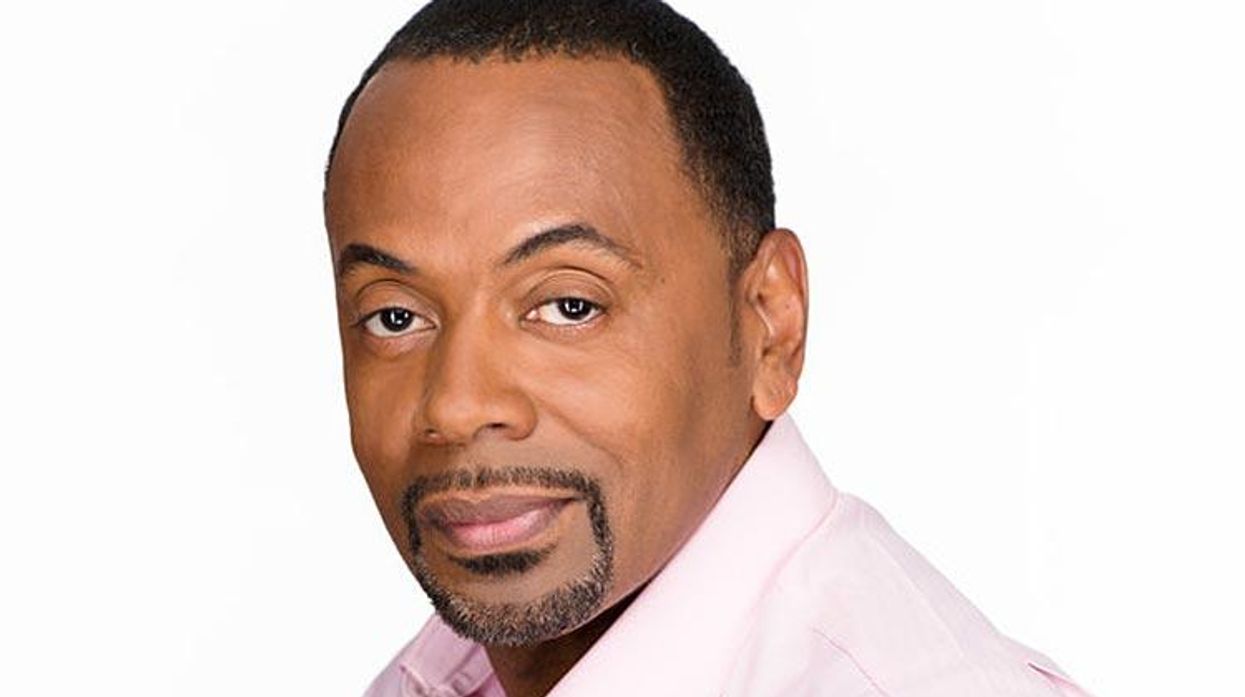














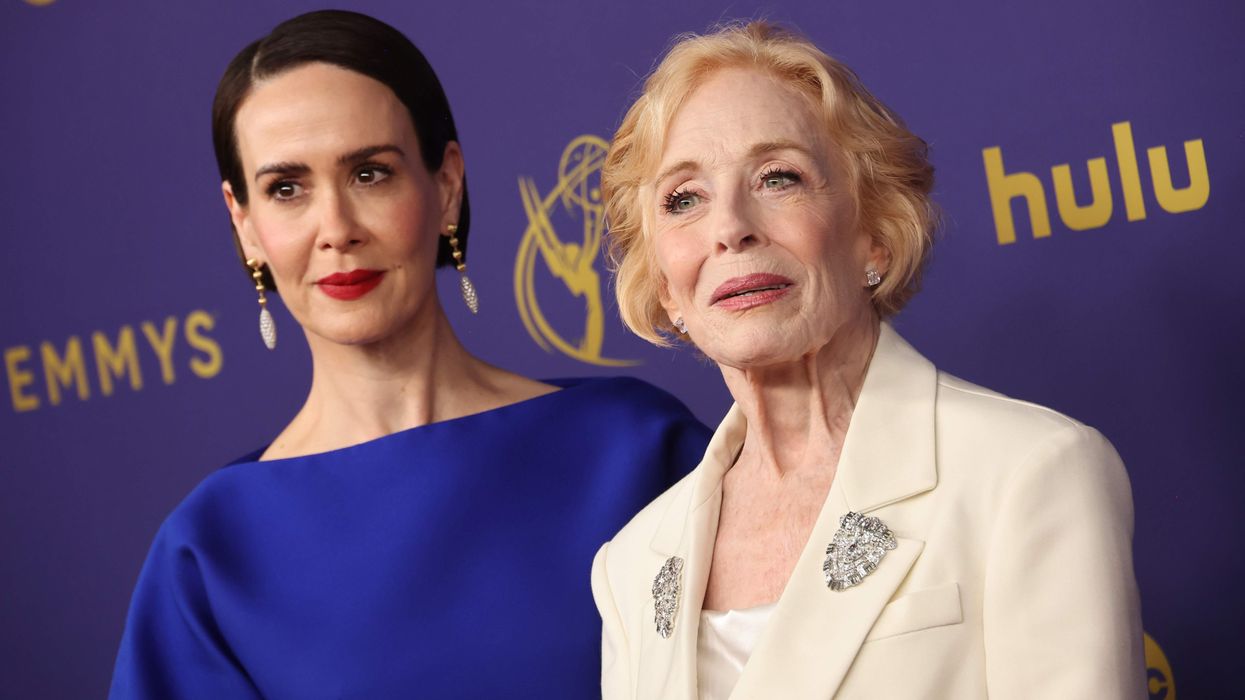

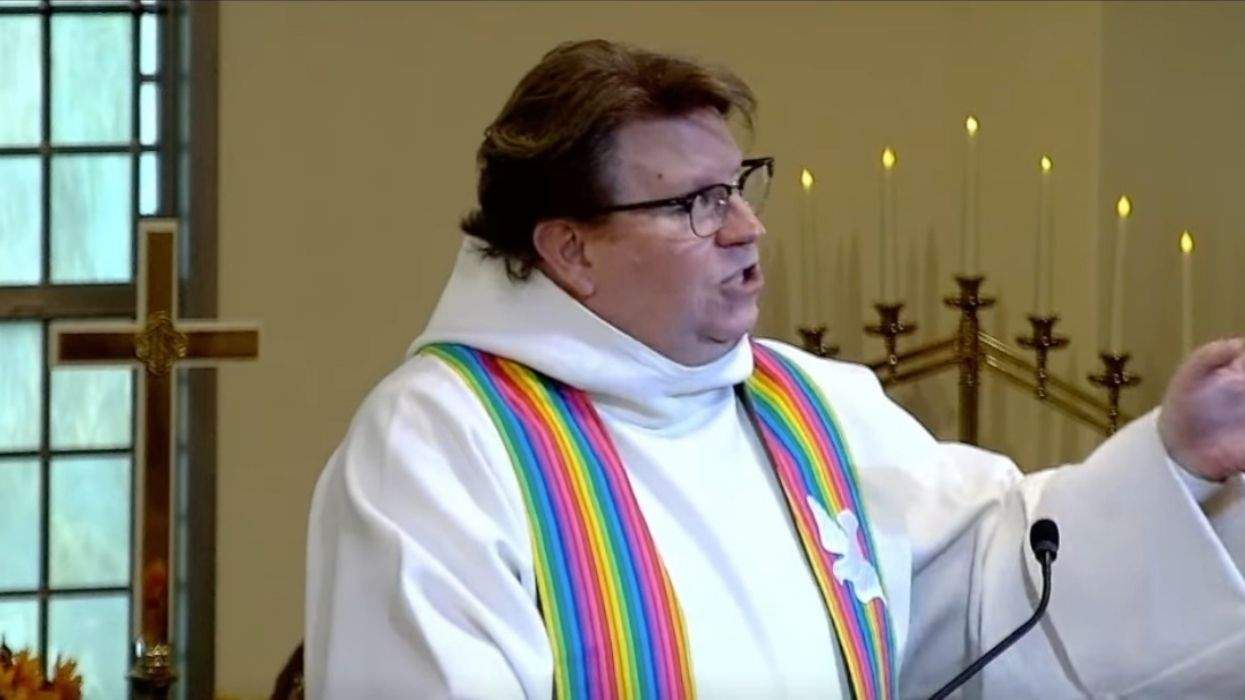


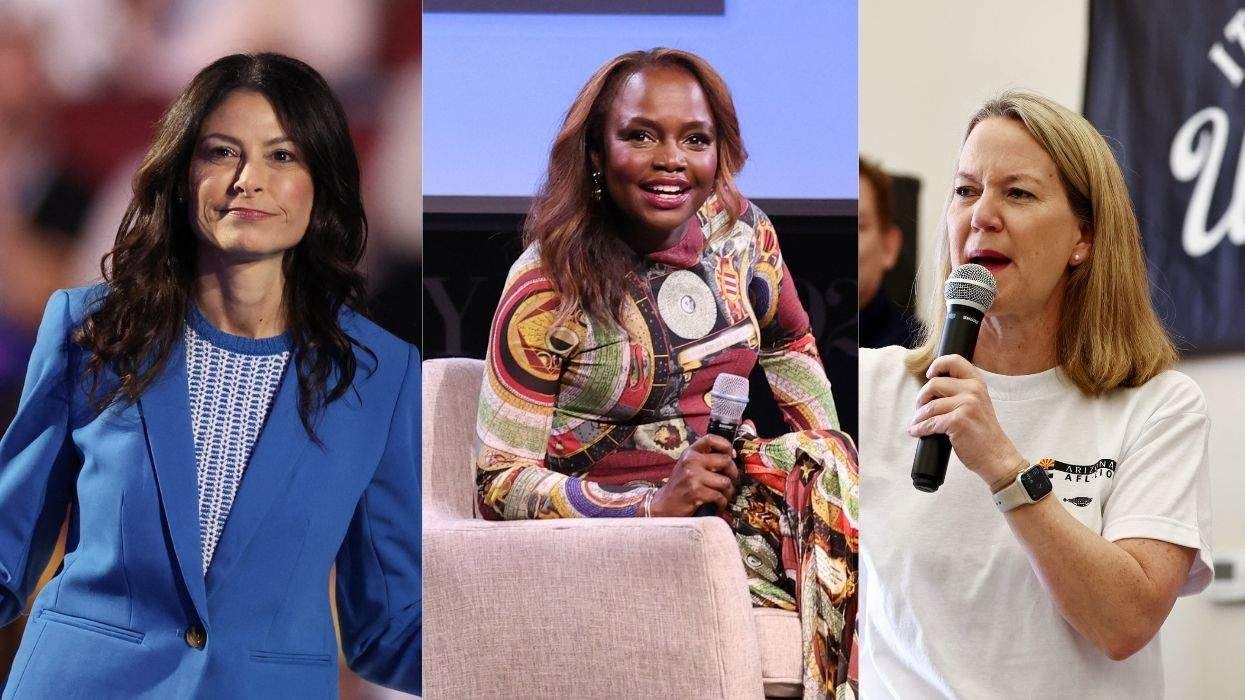



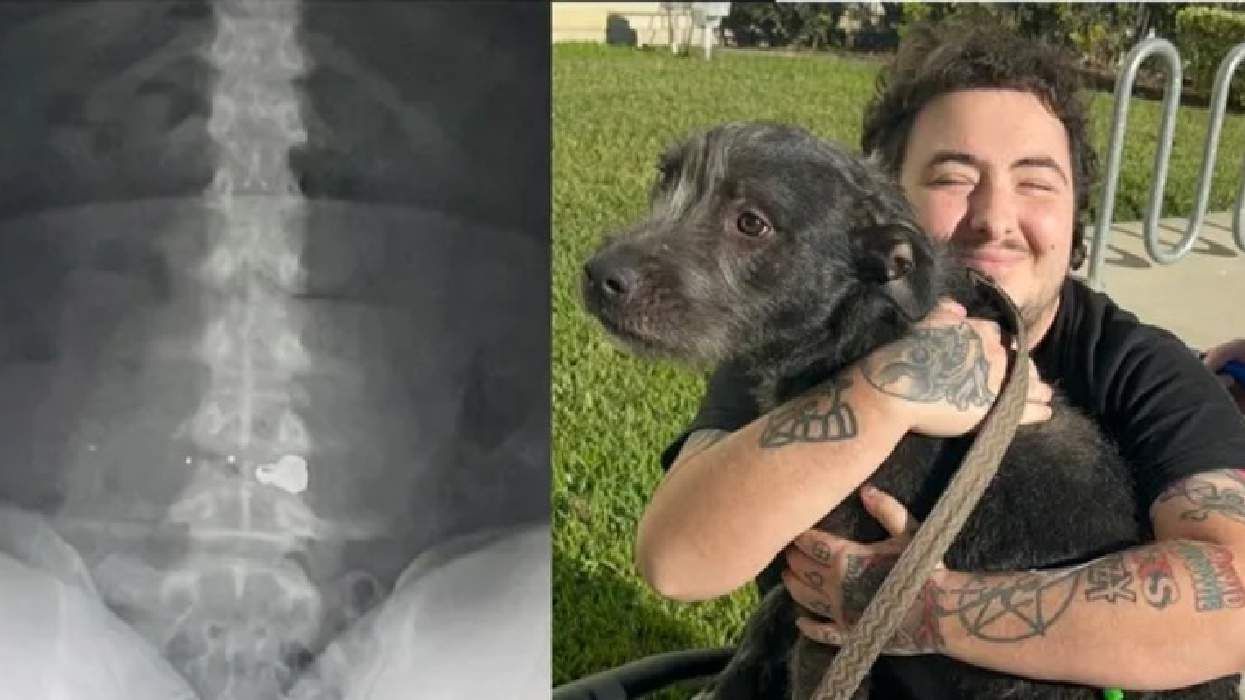

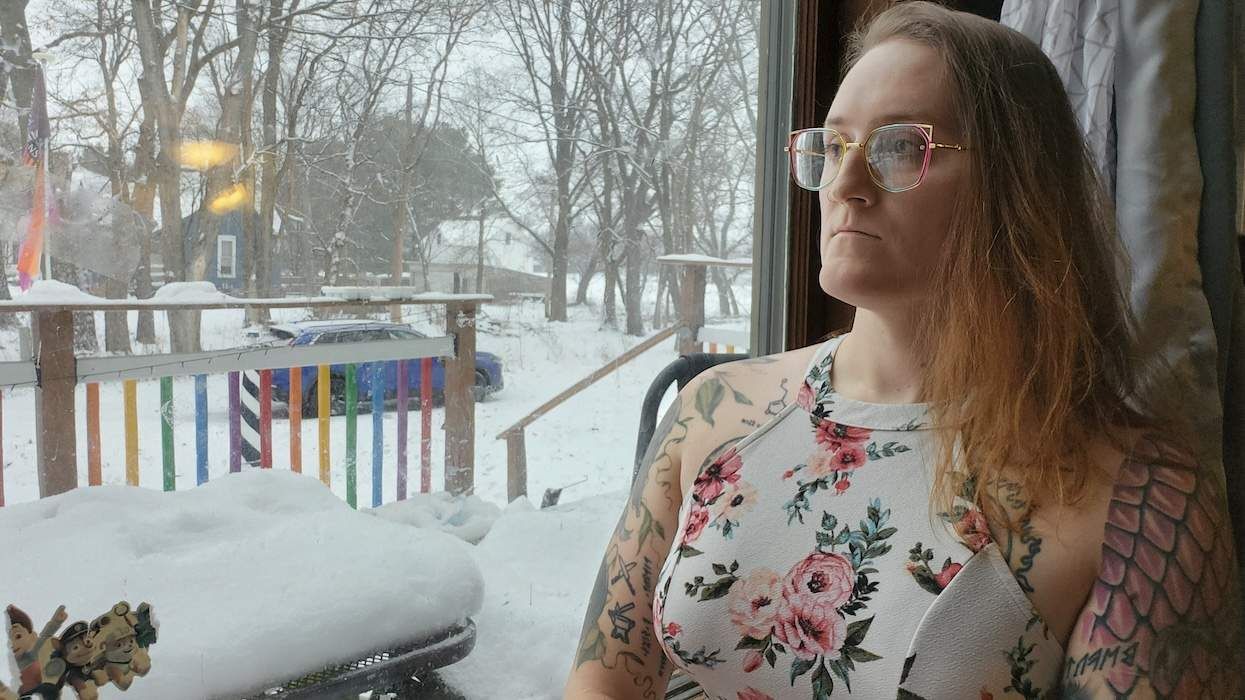
















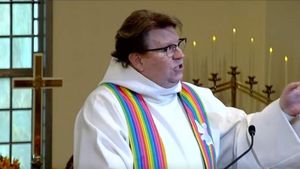









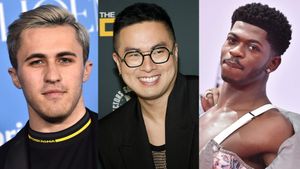

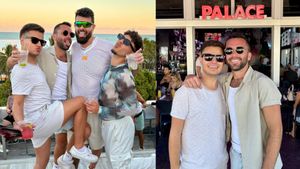


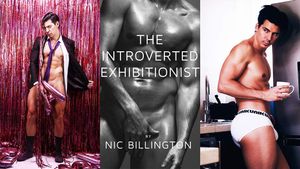

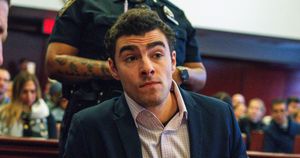

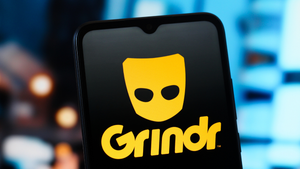





Charlie Kirk DID say stoning gay people was the 'perfect law' — and these other heinous quotes